Natural Remedies for Oily Hair and Scalp | |
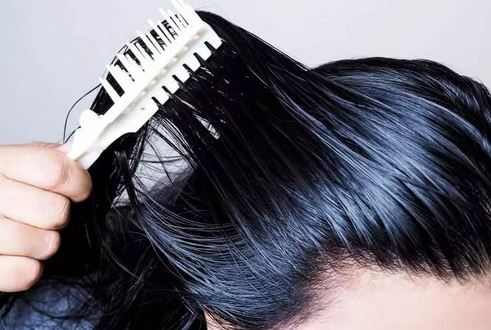
| |
Dealing with oily hair and scalp can be frustrating. Excess oil production can leave your hair looking greasy and weigh it down. Fortunately, there are natural remedies that can help balance oil production and promote a healthier scalp. In this article, we will explore some effective natural remedies for oily hair and scalp. Understanding Oily Hair and ScalpOily hair and scalp occur when the sebaceous glands in the scalp produce an excessive amount of sebum, an oily substance that moisturizes the hair and scalp. This overproduction of sebum can result in an oily and greasy appearance, making it challenging to maintain fresh-looking hair. Natural Remedies for Oily Hair and Scalp1. Apple Cider Vinegar RinseApple cider vinegar (ACV) is a popular natural remedy for oily hair and scalp. It helps balance the pH level of the scalp and removes excess oil and buildup. To use ACV as a rinse, mix one part ACV with two parts water and apply it to your hair after shampooing. Leave it on for a few minutes, then rinse thoroughly. Repeat once or twice a week for best results. 2. Aloe Vera GelAloe vera gel has soothing and balancing properties that can help control oiliness. Extract fresh aloe vera gel from the plant and apply it directly to your scalp. Massage it gently and leave it on for about 15-20 minutes before rinsing it off. Aloe vera gel can help regulate sebum production and provide relief from scalp irritation. 3. Tea Tree OilTea tree oil has antibacterial and antifungal properties that can help combat scalp issues associated with oily hair. Add a few drops of tea tree oil to your regular shampoo or dilute it with a carrier oil, such as coconut oil or jojoba oil, and massage it into your scalp. Let it sit for a few minutes before rinsing thoroughly. 4. Lemon JuiceLemon juice is known for its astringent properties and can help reduce excess oil on the scalp. Mix the juice of one lemon with water and apply it to your scalp. Massage gently and leave it on for a few minutes before rinsing. Be cautious with lemon juice if you have any scalp cuts or irritations, as it can cause stinging or discomfort. 5. Clay MasksClay masks, such as bentonite or kaolin clay, can absorb excess oil and impurities from the scalp. Mix the clay powder with water or apple cider vinegar to form a paste and apply it to your scalp. Leave it on for the recommended time and rinse thoroughly. Clay masks can help detoxify the scalp and regulate oil production. 6. Herbal RinsesCertain herbs, such as rosemary, lavender, and sage, have properties that can help balance oil production and promote scalp health. Prepare an herbal rinse by steeping these herbs in hot water for about 30 minutes. Strain the mixture and use it as a final rinse after shampooing. This herbal rinse can help refresh the scalp and reduce excess oil. FAQs about Oily Hair and ScalpQ1: How often should I wash oily hair?The frequency of washing oily hair can vary depending on individual factors. Generally, it's recommended to wash oily hair every other day or every two days to avoid over-stripping the scalp of natural oils, which can lead to increased oil production. Q2: Are there specific hair care products for oily hair?Yes, there are hair care products specifically formulated for oily hair. Look for shampoos and conditioners labeled as "clarifying," "oil-balancing," or "for oily hair." These products are designed to remove excess oil and keep the scalp clean. Q3: Can diet affect oily hair?Diet plays a role in overall scalp and hair health. Consuming a balanced diet that includes plenty of fruits, vegetables, and lean proteins can contribute to healthier hair and scalp. However, specific foods alone cannot cure oily hair or scalp issues. Q4: Can stress contribute to oily hair?Stress can impact hormone levels, including those that regulate sebum production. In some cases, stress can contribute to an increase in oil production, resulting in oilier hair and scalp. Managing stress through relaxation techniques can help minimize its impact on the scalp. Q5: Can oily hair lead to hair loss?Oily hair itself does not directly cause hair loss. However, the buildup of excess oil and scalp impurities can clog hair follicles and potentially contribute to hair loss if left untreated. Maintaining a clean and balanced scalp is important for overall hair health. Q6: Should I avoid conditioning oily hair?Conditioning is still essential for oily hair, but it's important to choose lightweight, oil-free conditioners and apply them mainly to the ends of the hair rather than the scalp. Avoid applying conditioner directly to the roots, as this can weigh down the hair and make it appear greasier. ConclusionManaging oily hair and scalp is possible with natural remedies that help regulate oil production and maintain a healthy scalp environment. Incorporate these remedies into your hair care routine and observe the positive changes in your hair's appearance and overall scalp health. | |
| Category: Hair Care | |
| Total comments: 0 | |
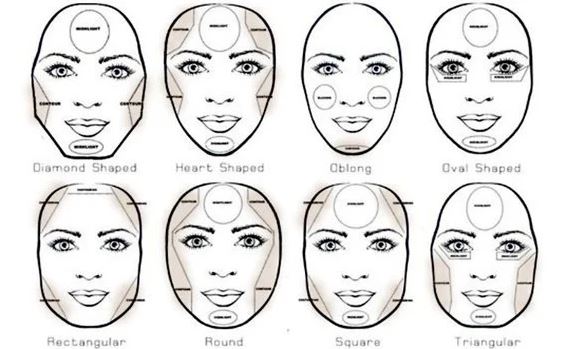 |
| The Best Makeup Looks for Different Face Shapes |
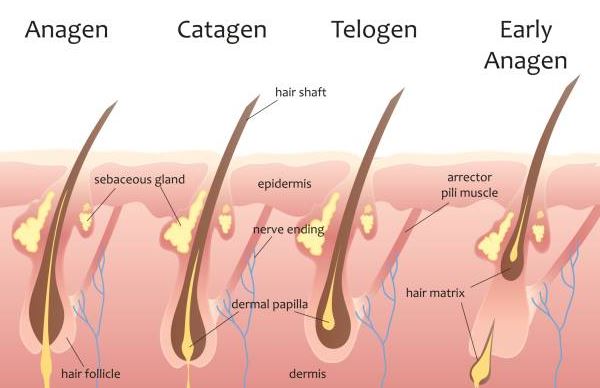 |
| The Science Behind Hair Growth Cycles: Maximizing Hair Growth |
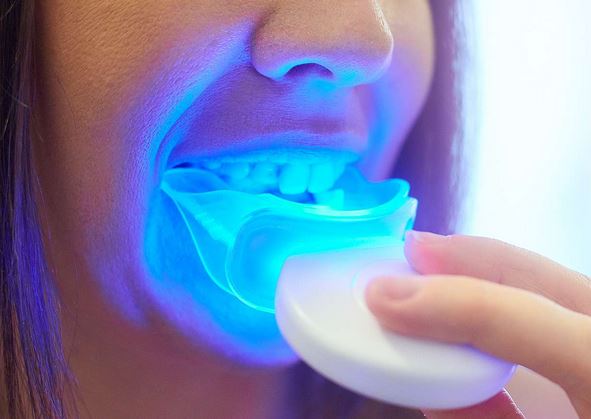 |
| How to choose Teeth Whitening Kits |
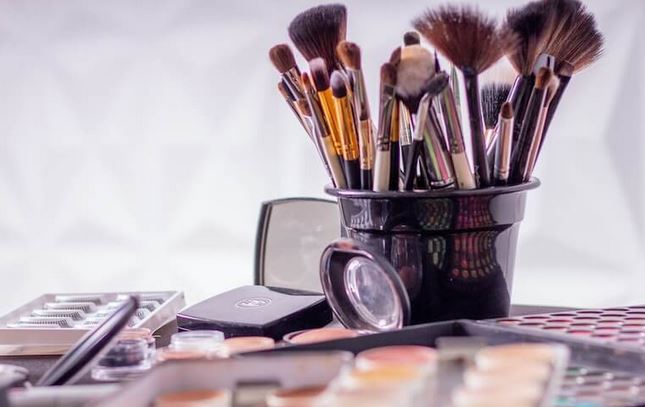 |
| 5 Essential Tools for Makeup Application |
 |
| Men's Fashion: Building a Versatile Wardrobe |
 |
| Festive Holiday Makeup Ideas: Sparkle and Shine |
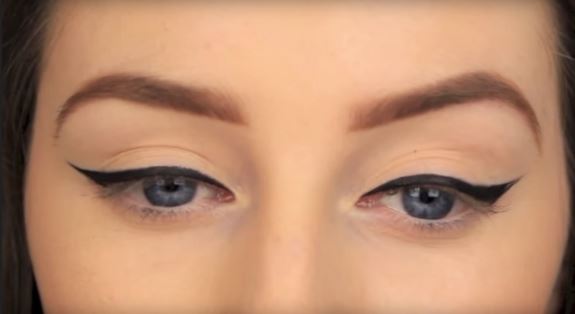 |
| The Secrets to Creating a Flawless Winged Eyeliner |
 |
| The Art of Hair Parting: Enhancing Your Facial Features |
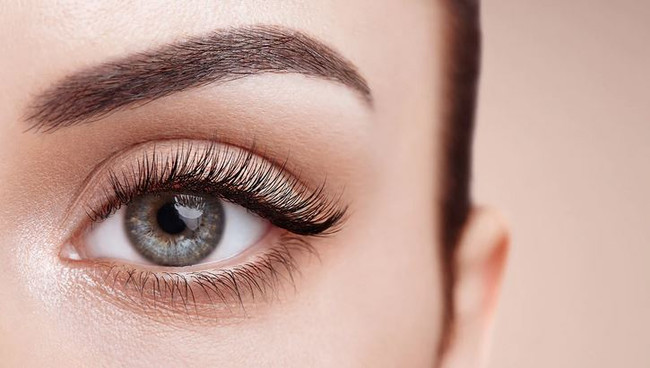 |
| Deep-set eyes makeup tips |
